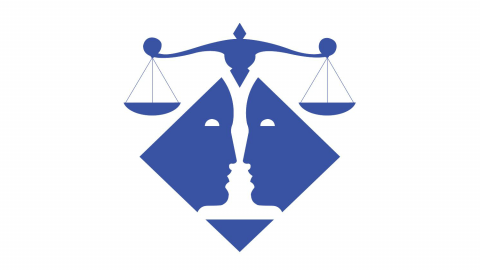N.C. Dispute Resolution Commission Releases FY 2016-17 Annual Report
Article contents

The N.C. Dispute Resolution Commission has published its Annual Report for fiscal year 2016-17. This is the 22nd such report published by this body. The Commission is charged with certifying and regulating the conduct of mediators serving the North Carolina courts' mediated settlement conference programs and with helping to support those programs.
The report highlights major initiatives and projects either undertaken by the Commission in 2016-17 or completed that year, including:
- Implementation of a new Continuing Mediator Education (CME) requirement;
- Launching new Twitter and LinkedIn channels;
- Finalizing and shepherding important legislative changes though the General Assembly; and
- Conducting and finalizing an extensive review of both the Commission's operating rules and rules for the mediation programs it helps to support.
The publication also identifies the members of the Commission and highlights important program information, including numbers of certified mediators serving each program and caseload statistics. Additionally, the report highlights the Commission's plans for 2017-18 and invites court officials and staff, attorneys, mediators, and members of the public to make suggestions for matters they would like for the Commission to address.
Find additional statewide caseload statistics for
- Superior Court Mediated Settlement Conference Program
- District Court Family Financial Settlement Program
MORE INFORMATION
The North Carolina Dispute Resolution Commission was established in October 1995, pursuant to N.C. Gen. Stat. § 7A-38.2. The Commission is charged primarily with certifying and regulating private mediators who serve the courts of this State. The Commission also recommends policy, rules and rule revisions relating to dispute resolution in North Carolina's courts; provides support to court-based mediation programs; certifies mediation training programs; serves as a clearinghouse for information about court-based mediation programs; and assists other state agencies interested in or providing dispute resolution services to their constituencies.